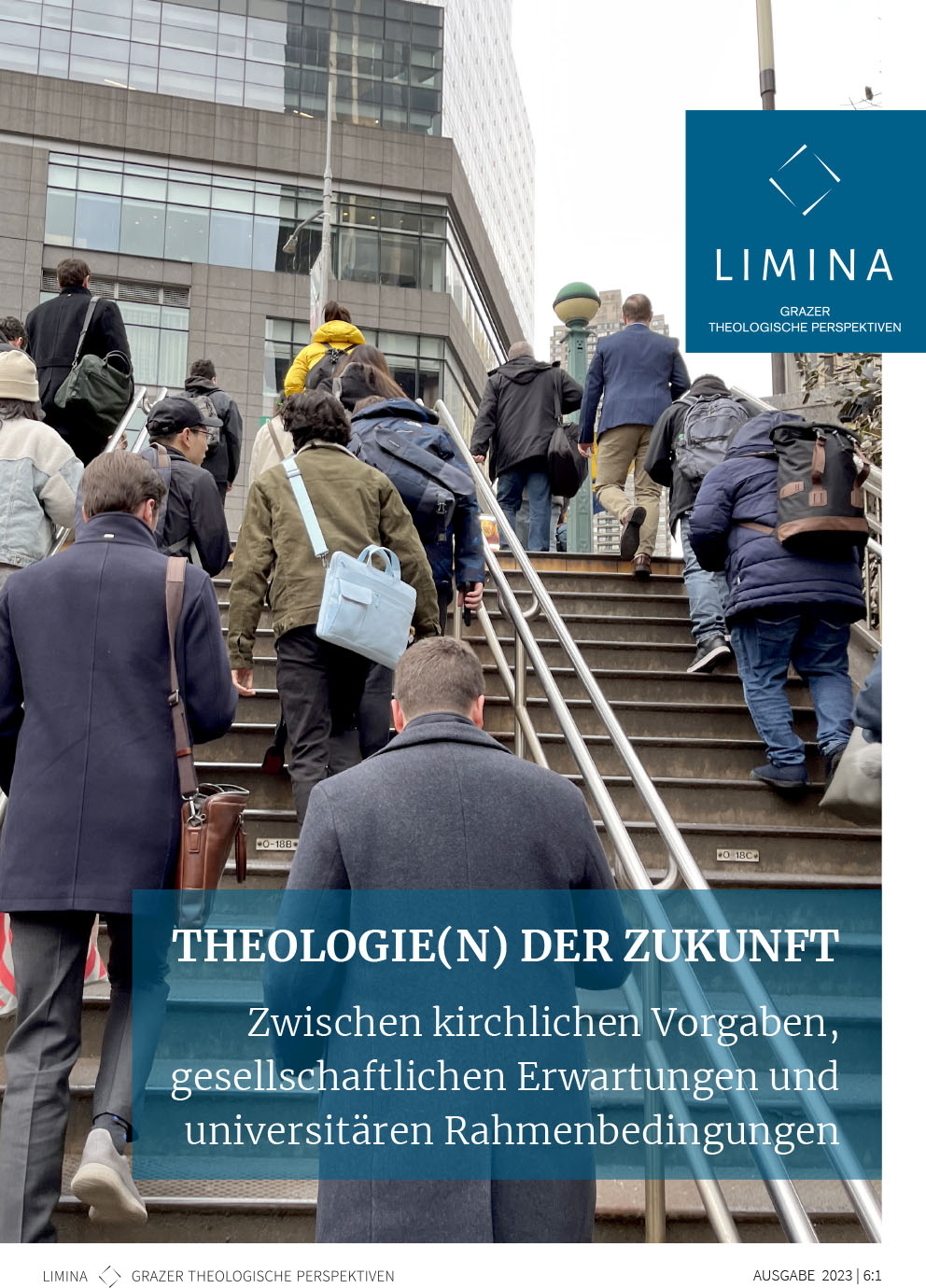Radical theology, or: Getting to the root(s) of it A crucial communal theological project for a theology in times of crisis
Main Article Content
Abstract
There is no doubt that the church is in crisis, not least in light of scandals of abuse. What remains unclear is how theology should respond to this. The following article suggests that interpreting this crisis as a “sign of the times” could produce an appropriate theological response. Such a viewpoint forces theology itself to enter into crisis mode, which will consequently allow theology to effectively face its own “rootlessness”. It is caught between different and often contradictory expectations placed on it by the church, society, the government and universities, for example. One potential strategy to resolve this predicament could be a model of theology that threads together different communal theological projects that represent a wide range of subject matters while jointly working on common issues. As one such communal project this article introduces the project of a “radical theology”. Its aim is to uproot the theological patterns of thought that provided the ground for the current crisis. First, it looks at the trauma of abuse in its full extent (step 1). Then, it asks the question how ecclesial and hierarchical structures have contributed to this situation (step 2). Lastly, it opens up space for establishing alternative theological practices (step 3). Finally, the results are analysed with a view as to how a theology that is self-aware of its own potential to cause pain can provide guidance for other scientific disciplines.
Article Details

This work is licensed under a Creative Commons Attribution 4.0 International License.
The author(s) retain copyright without any restriction.
LIMINA provides immediately upon publication open access to its content. The content of this journal is licensed under the Creative Commons Attribution 4.0 International Licence. By submitting a contribution, the author(s) agree(s) to the terms of use of the CC BY licence.

